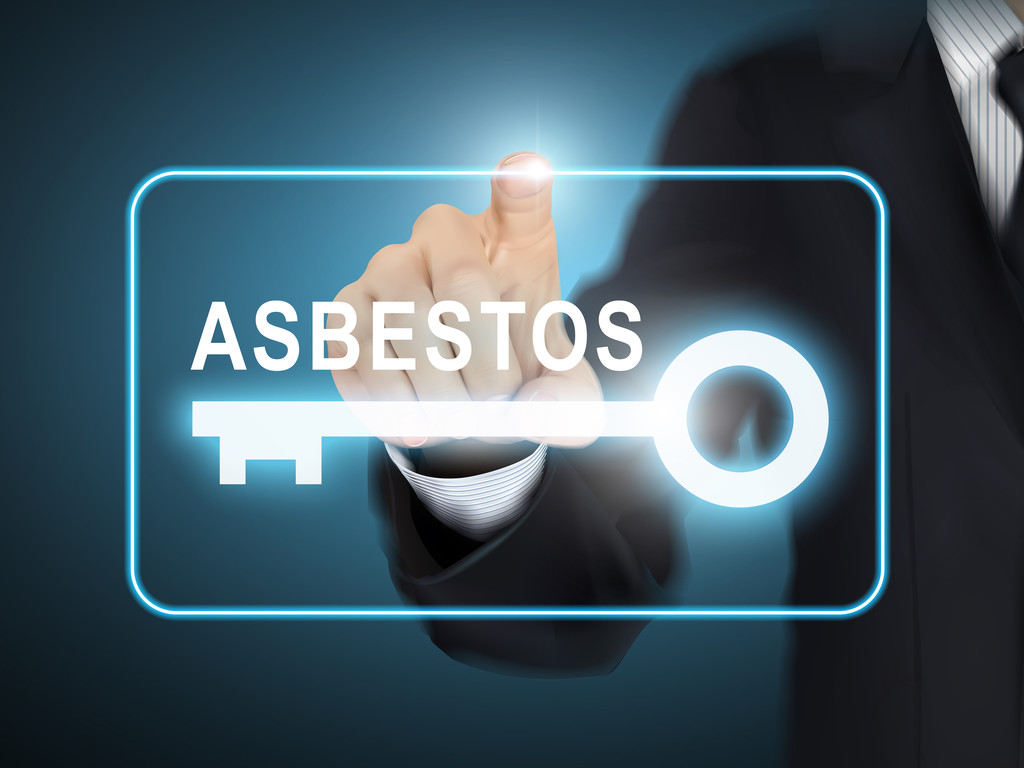Are you in Kansas and dealing with asbestos-related concerns? The National Emission Standards for Hazardous Air Pollutants (NESHAP) in Kansas plays a crucial role in regulating asbestos abatement activities. In this comprehensive guide, we’ll dive into what NESHAP is and how it affects asbestos abatement in the Sunflower State.

What is NESHAP in Kansas?
NESHAP, or the National Emission Standards for Hazardous Air Pollutants, is a federal program established by the Environmental Protection Agency (EPA) to regulate the emission of hazardous air pollutants, including asbestos. These standards are in place to protect public health and the environment by minimizing the release of harmful substances into the air.
In Kansas, NESHAP regulations are implemented and enforced by the Kansas Department of Health and Environment (KDHE). The goal is to ensure that asbestos abatement activities are carried out safely and in compliance with federal and state regulations.
Key Components of NESHAP in Kansas:
1. Notification Requirements:
- Individuals or entities planning asbestos abatement projects must notify the KDHE at least ten working days in advance. This notification allows the KDHE to oversee and ensure compliance with NESHAP regulations.
2. Work Practices:
- NESHAP establishes specific work practices that must be followed during asbestos abatement to minimize asbestos fiber release into the air. This includes techniques for wetting asbestos-containing materials and using proper containment measures.
3. Waste Disposal:
- Proper disposal of asbestos-containing waste is crucial. NESHAP mandates that waste must be appropriately packaged, labeled, and transported to approved disposal facilities.
4. Air Monitoring:
- NESHAP requires air monitoring during asbestos abatement projects to ensure that asbestos fiber levels remain within acceptable limits, protecting both workers and the public.
5. Record-keeping and Reporting:
- Detailed records of asbestos abatement activities, including notifications, work practices, and air monitoring results, must be maintained and submitted to the KDHE.
6. Certification:
- Contractors and workers involved in asbestos abatement must be certified by the KDHE, ensuring that they have the necessary training and expertise to perform their tasks safely and in compliance with NESHAP regulations.
Why NESHAP Matters in Kansas:
NESHAP regulations are in place to protect the health and safety of Kansas residents and the environment. Asbestos, when disturbed, can release microscopic fibers into the air that, if inhaled, can lead to serious health issues, including lung cancer, asbestosis, and mesothelioma. By enforcing strict asbestos abatement regulations through NESHAP, Kansas aims to prevent these health hazards.
Conclusion:
If you’re planning an asbestos abatement project in Kansas, it’s crucial to understand and adhere to NESHAP regulations. Compliance with these regulations not only ensures your safety and the safety of those around you but also helps protect the environment. Always consult with the Kansas Department of Health and Environment for guidance and assistance in navigating the NESHAP requirements. By doing so, you can help create a safer and healthier Kansas for all its residents.
Learn more at Wiki as well.
